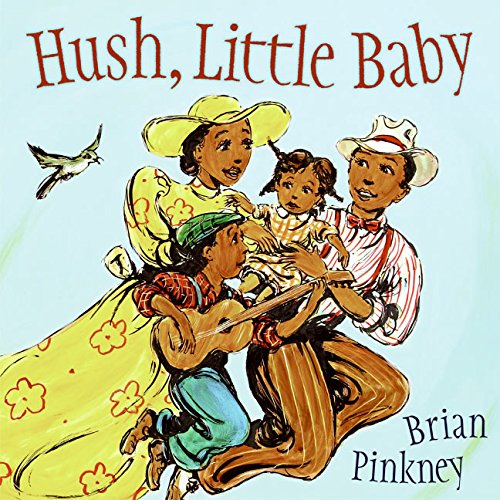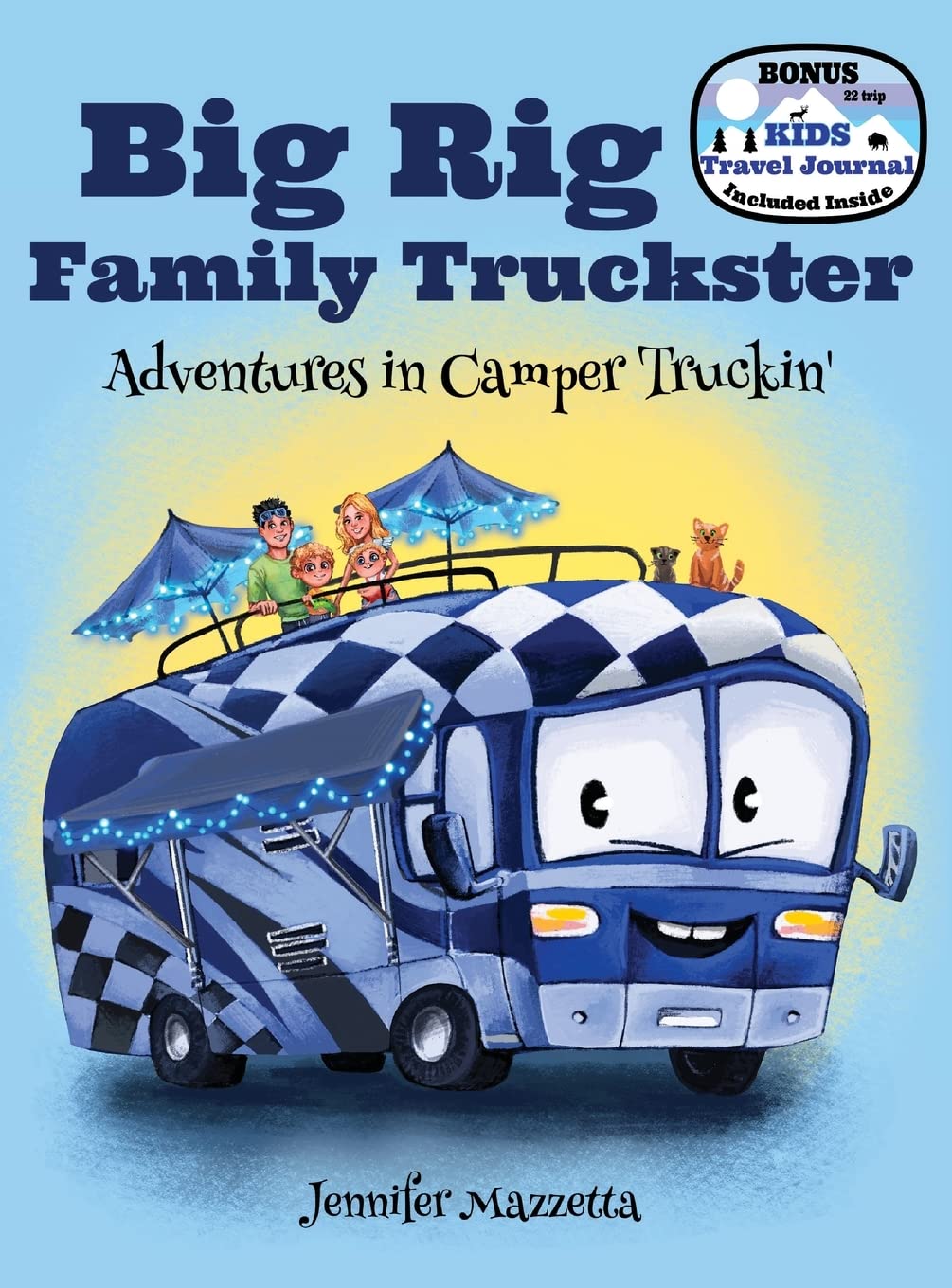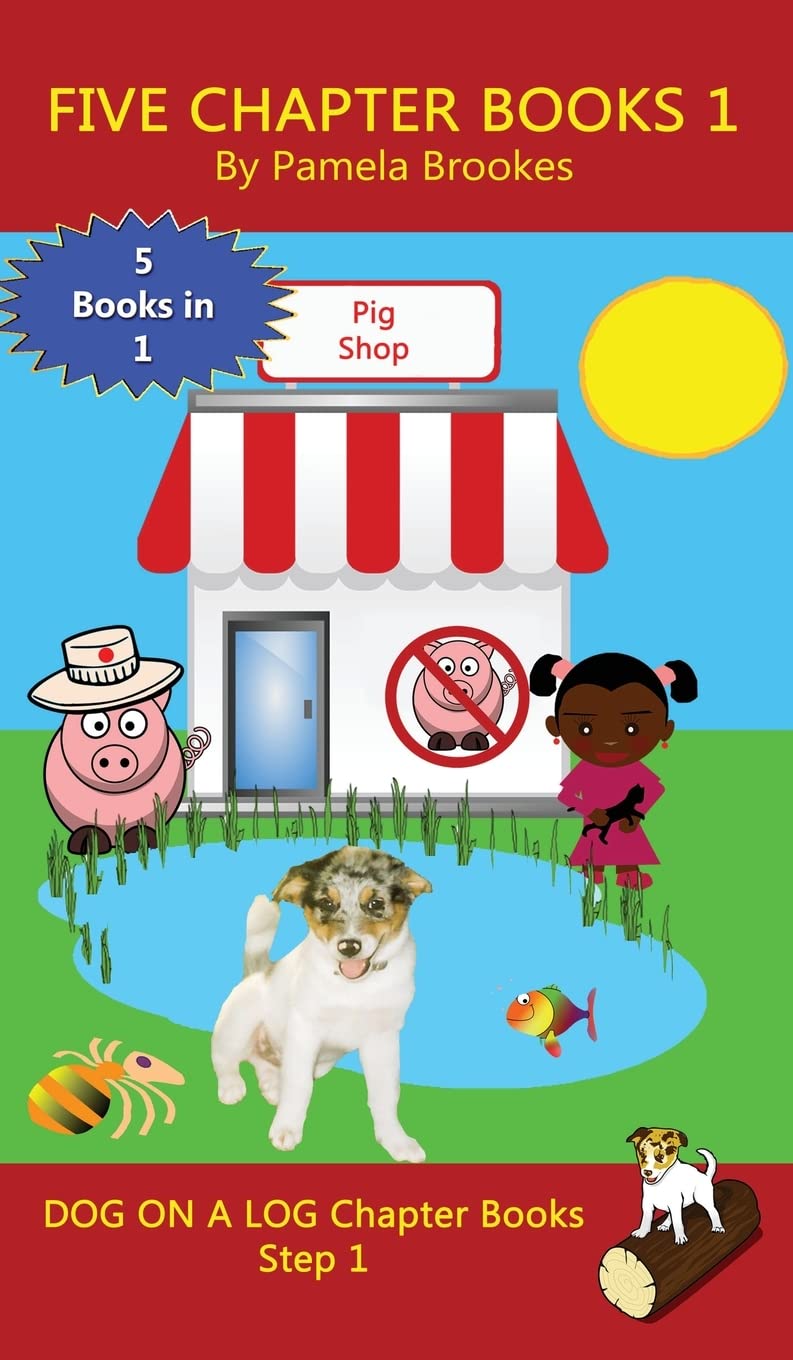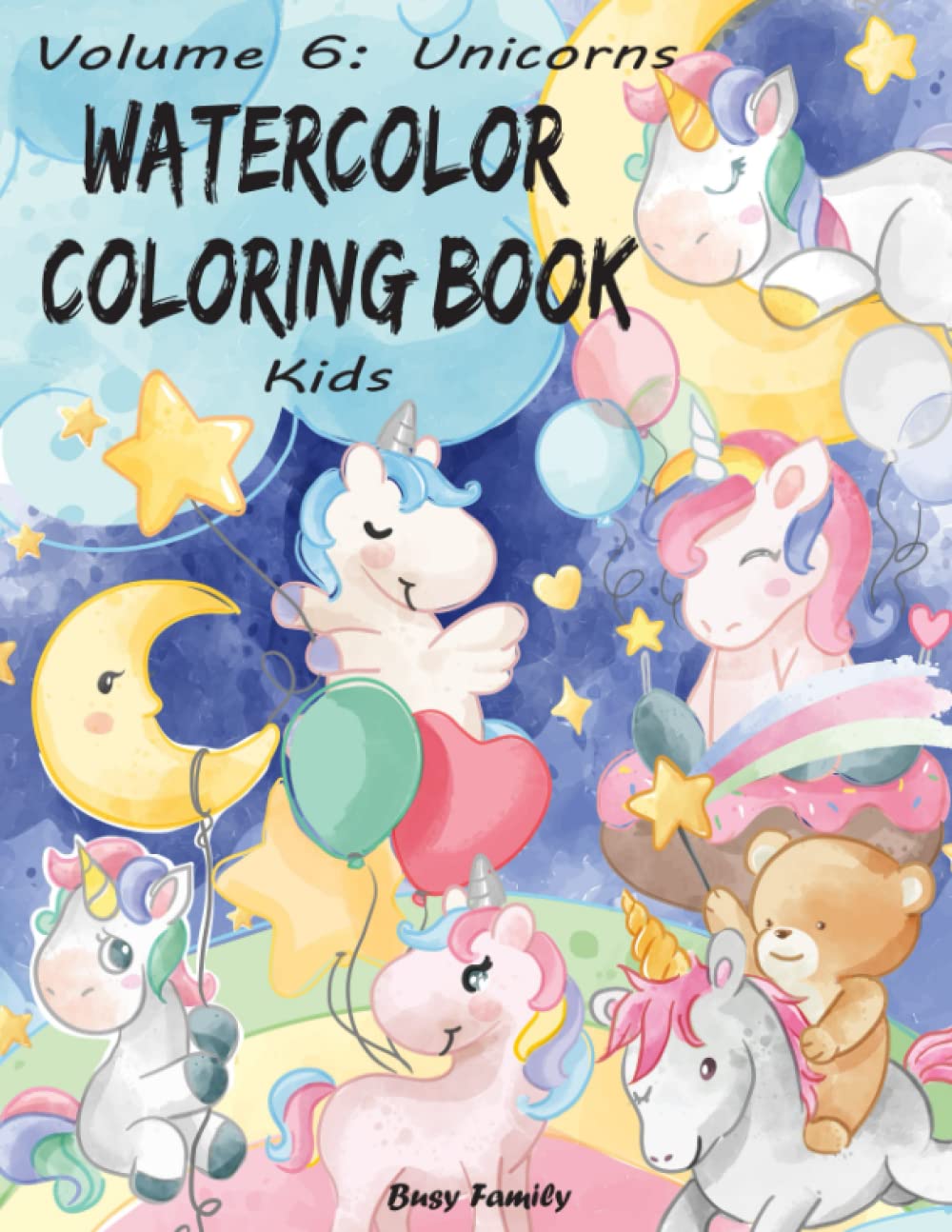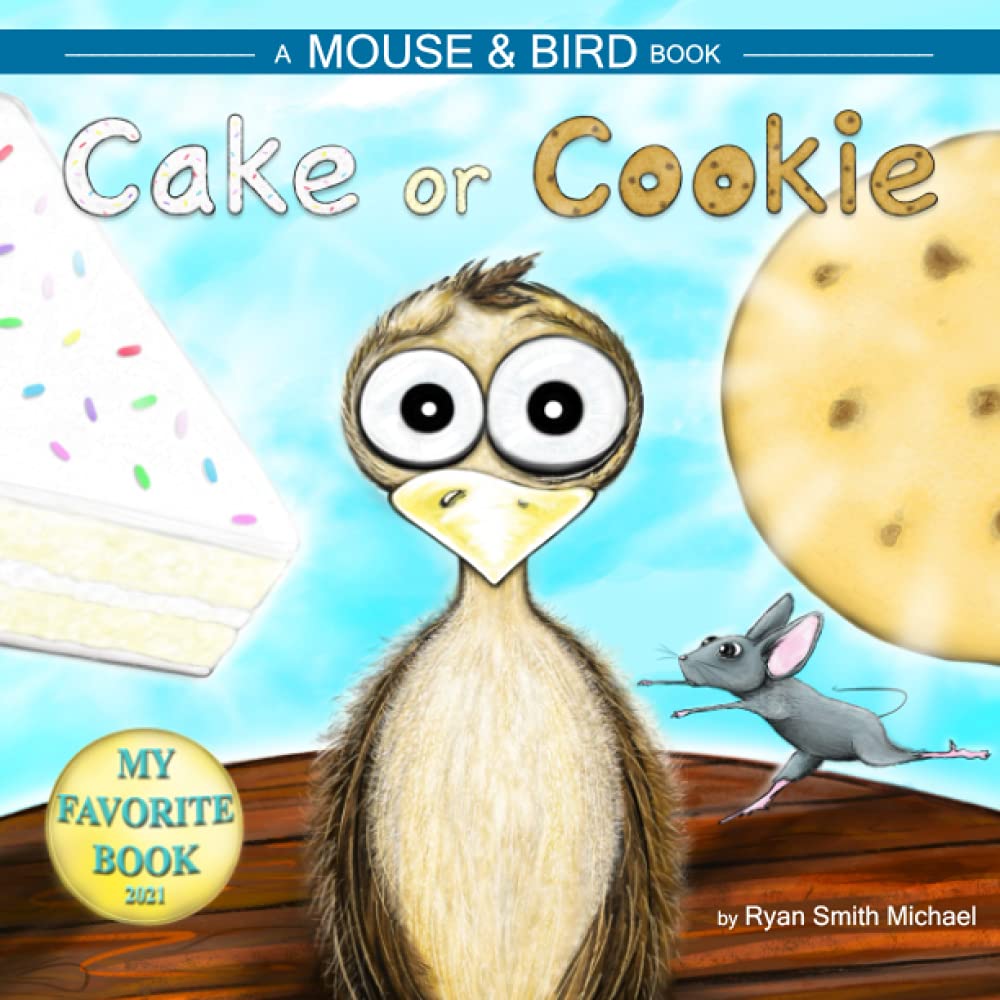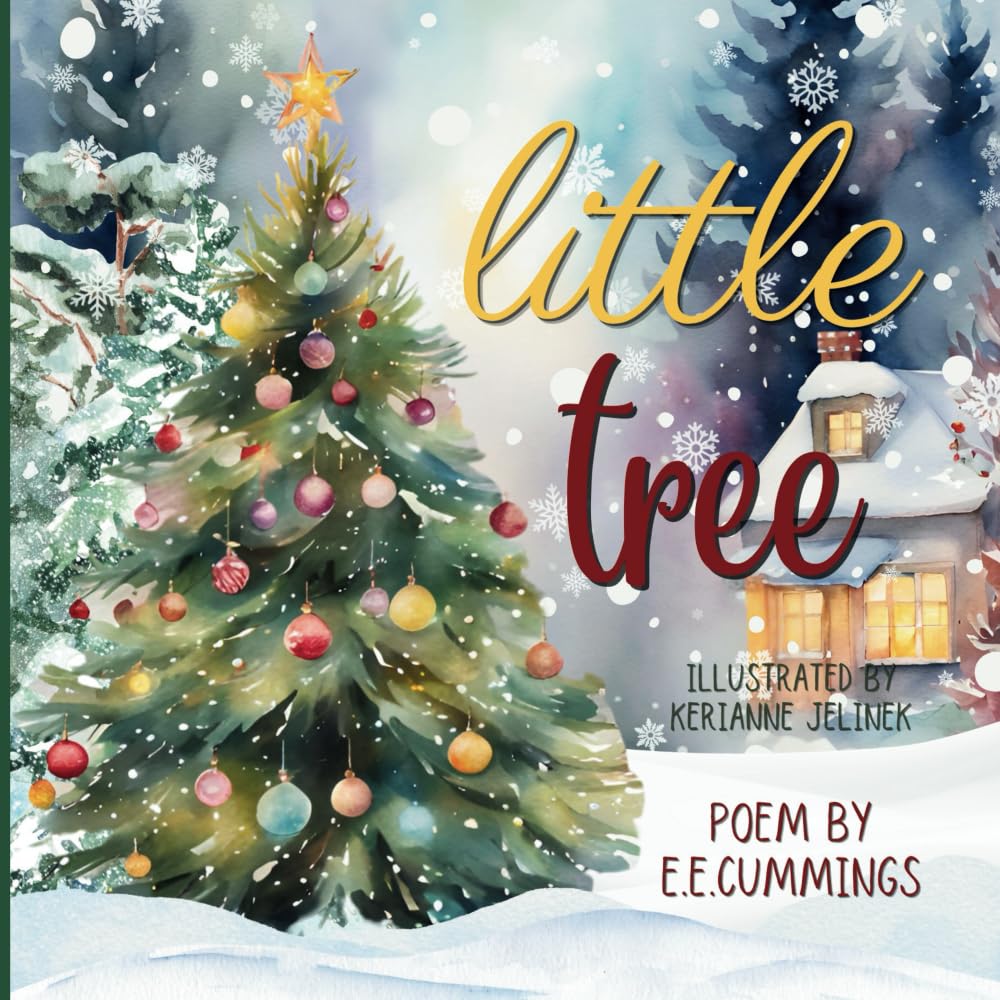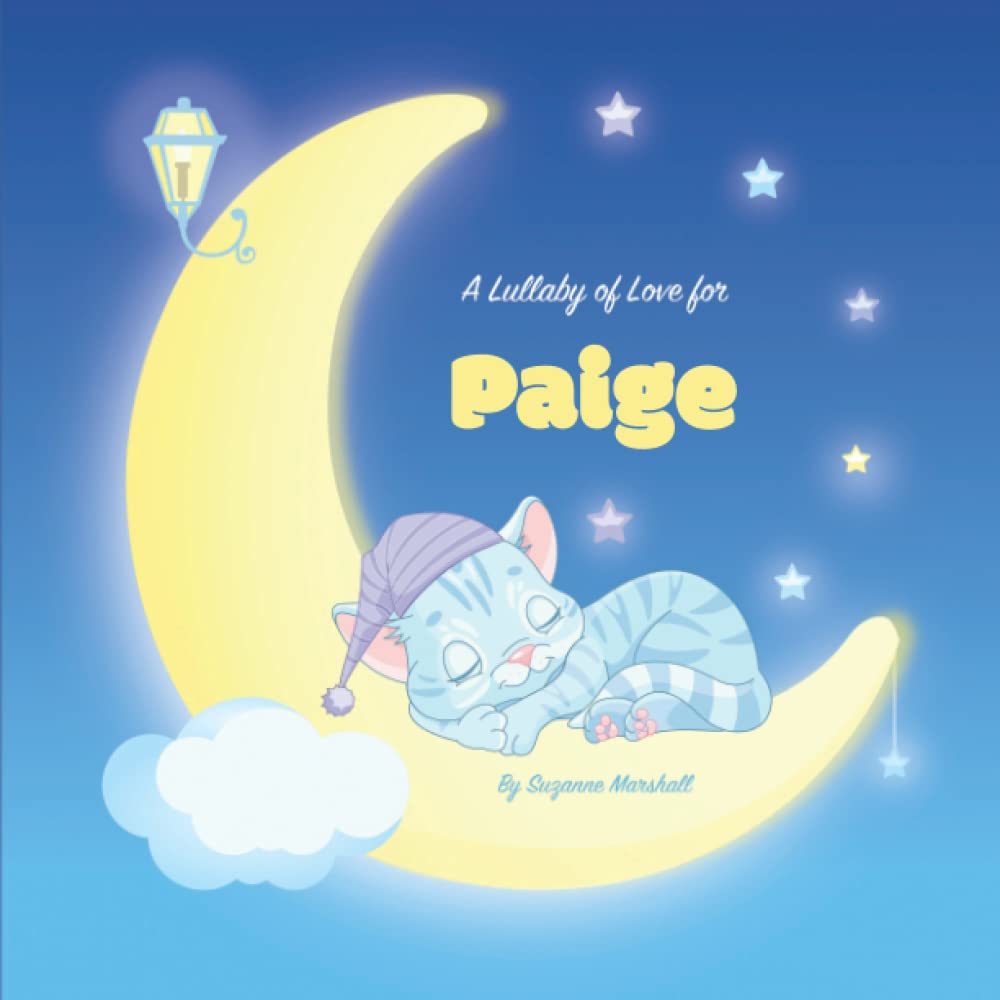Mama has errands to run, so it is up to Papa and big brother to stop baby sister from crying. And, as families familiar with this popular American lullaby know, they will try just about anything to convince baby to smile again. Award-winning artist Brian Pinkney's version of the classic song is an exuberant and affectionate tribute to a father's unconditional love. PreS–This version of a favorite lullaby features a spinning top (in place of a billy goat); a dog named Pearl (rather than a cart and bull); and a fire truck returning the baby girl to the house where Mamas gonna sing you a lullaby. Pinkneys colored-ink paintings show an early 1900s African-American father and his young guitar-playing son entertaining baby sister, who is sad that mama has gone off for the day. Each full-page painting or spread is artistically placed against a colored background, with a phrase or two of supersize text curved around it. The pleasing, exaggerated curves of the prancing horse; the leaping, seemingly weightless father and children; and the energy of the lurching fire engine make the pictures come alive. A portrait of the whole happy family provides a satisfying conclusion. Music and four-verse text are appended. Exuberant fun. –Susan Scheps, Shaker Heights Public Library, OH Copyright © Reed Business Information, a division of Reed Elsevier Inc. All rights reserved. PreS. Pinkney sets his version of the traditional Appalachian folksong in an African American household of the early 1900s, after "Mama goes off for the day and Papa is left to tend to the young'uns." Ink-on-clayboard scenes show a distraught toddler girl comforted by a playful father and older brother, who sing, dance, and, of course, offer a series of whimsical gifts. Although Pinkney imagines a less elaborate story arc than the one in Marla Frazee's 1999 version, he does play a bit with the traditional lyrics (at one point Papa brings Baby a fire truck), and imbues them with a dancing energy that seems to spin right off of a 1920s Harlem dance floor--spaghetti-limbed figures sketch energetic curves against bright, unadorned backdrops, chased by arcs of easy-to-read type. Although Mama's arrival back home, bearing the only intangible gift (and seemingly the most successful one), seems to support oddly old-fashioned views of maternal and paternal forms of nurturing, this remains a welcome multicultural interpretation of a classic children's song. An appended musical arrangement gives the tune a jazzy beat to match the wheeling, undulating figures in the story. Jennifer Mattson Copyright © American Library Association. All rights reserved Brian Pinkney has illustrated numerous books for children, including two Caldecott Honor books, The Faithful Friend , by Robert D. San Souci, and Duke Ellington: The Piano Prince and His Orchestra , by Andrea Davis Pinkney. Mr. Pinkney's own books include Hush, Little Baby ; Cosmo and the Robot ; Max Found Two Sticks ; JoJo's Flying Side Kick ; and The Adventures of Sparrowboy , winner of the 1997 Boston Globe-Horn Book Award. Brian Pinkney has received the Coretta Scott King Award for illustration and three Coretta Scott King Honor Awards. He lives with his wife, Andrea, and their children in Brooklyn, New York.
